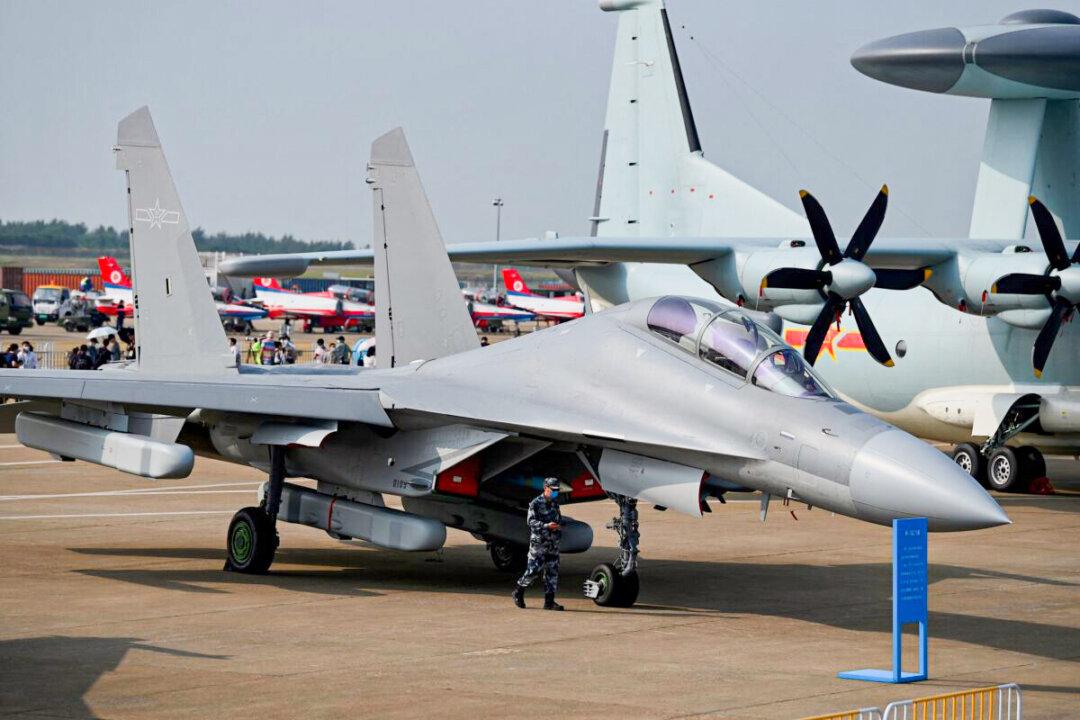Beijing is paying close attention to how the Russian military fares in Ukraine and how the world has responded to the invasion, with some countries mounting a united front of sanctions and military support and others not even protesting, a House committee heard on May 12.
Academics testified before the House of Commons Standing Committee on Foreign Affairs to discuss the situation in the Taiwan Strait, with much focus on the island’s sovereignty in the face of the Chinese Communist Party’s intention to annex it with Russia’s aggression as a test case.





